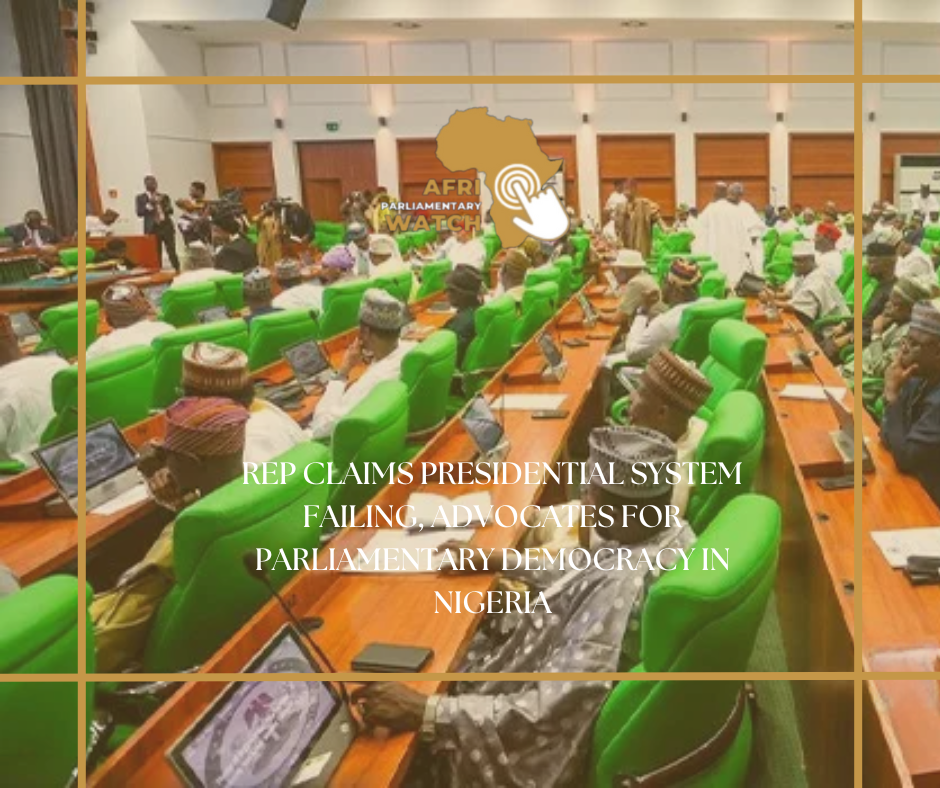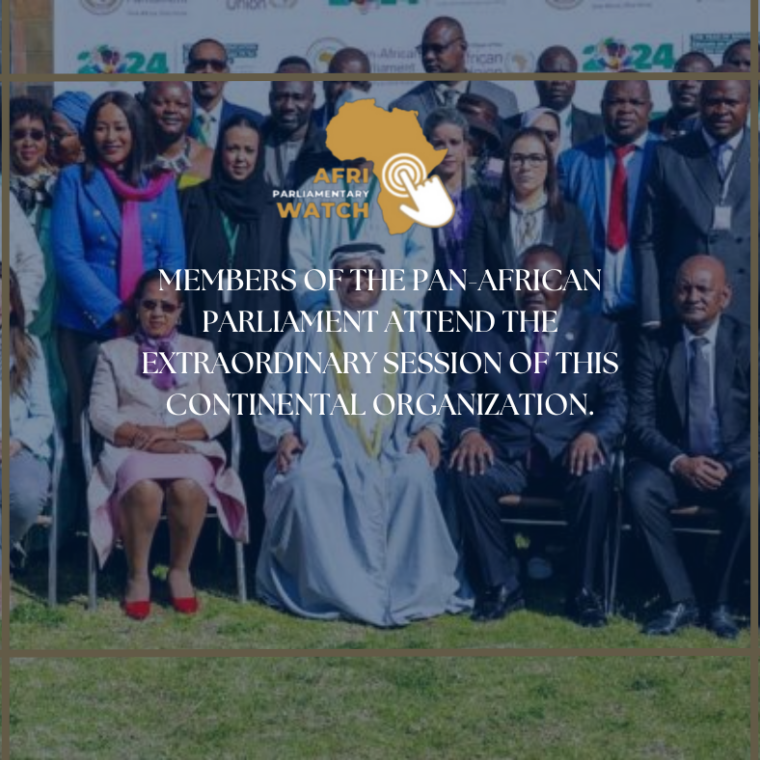The federal lawmaker representing Kebbe/Tambuwal Federal Constituency in Sokoto State, has voiced strong support for transitioning to a parliamentary democracy, citing dissatisfaction with the current presidential system. In an interview on Channels Television’s socio-political program, Inside Sources with Laolu Akande, he described Nigeria as being in a “state of quagmire” and compared it to a house with a faulty foundation, arguing that the existing system fails to ensure full accountability of the executive branch to the Nigerian people.
Dasuki criticized the presidential system, stating, “Things are not working in Nigeria; we can’t deny that. The push for a parliamentary system is not new. Some of us in the 8th Assembly already believed there were fundamental flaws in the system.”
He argued that the concentration of power in the current system leads to corruption and inefficiency, saying, “The system itself grants too much power, and power corrupts absolutely. Our founding fathers understood that Nigeria is a plural state and advocated for a pluralistic approach.”
In mid-February, the discussion on shifting to a parliamentary democracy gained momentum when a group of 60 House Representatives proposed amendments to the 1999 Constitution. The bill, titled “The Bills Proposing Constitutional Alterations For a Transition To Parliamentary System of Government,” was introduced by House Minority Leader Kingsley Chinda and co-sponsored by 59 other lawmakers. Despite its initial reading, the bill has not advanced further.
Dasuki emphasized that the proposed system would be tailored to Nigeria’s unique needs rather than mimicking models from elsewhere. He envisioned a parliamentary structure where roles such as Prime Minister and ministers would be elected from among the parliamentarians, ensuring greater accountability and efficiency. For instance, he suggested a scenario where President Bola Tinubu could serve as Prime Minister and other prominent figures like Atiku Abubakar and Peter Obi could also hold parliamentary roles.
He proposed that the parliamentary system could be implemented starting with local government elections in 2027, where ward councillors would elect local government chairmen rather than having direct elections for these positions. This, he argued, would allow for better oversight and recall of underperforming officials.
Dasuki revealed that proponents of the bill are strategically preparing for its next stages by consulting with prominent elder statesmen from Nigeria’s First Republic, including Ango Abdullahi, Edwin Clark, Segun Osoba, and Bisi Akande, who have expressed support for the move towards parliamentary democracy.





